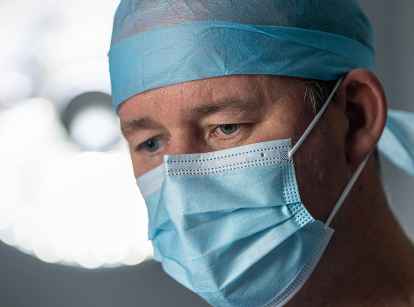Introduction
Colposcopy
Colposcopy is a special procedure to carefully examine the cervix (neck of the womb) or vagina for abnormal cells.
Most commonly, colposcopy is now performed for the presence of high risk Human Papilloma Virus (HPV) on routine HPV testing, or a high grade or persistently low-grade pap smear which is issued when high risk or lower risk HPV is detected on routine screening.
Colposcopy involves putting some watered-down vinegar on the area to be examined, and then using a colposcope, which is a specialised microscope, to look for whitish changes on the area indicating abnormal cells. Should there be any changes seen, a biopsy of the area is taken and sent to pathology to get a definitive answer if abnormal cells are present.
Vulvoscopy
Vulvoscopy is a special procedure to examine the vulva (skin around the vagina and anus) for abnormal cells.
Vulvoscopy is essentially the same process as Colposcopy.
Procedure
Colposcopy or Vulvoscopy takes about 10 minutes or so to perform, and the patient lies on a special couch to allow good vision of the area being examined. A speculum is inserted into the vagina just like having a normal Pap smear with your GP.
Should a biopsy be required, then some local anaesthetic is either sprayed on to the area by Dr Friebe (for a biopsy of the cervix), or injected (for a biopsy of the vulva or vagina).
Most people experience some mild discomfort with injection of the local anaesthetic, or in the case of a biopsy of the cervix, some mild cramping period type pains. It is normal to have some light bleeding for a few days from the biopsy site. There is a very small risk of infection, and so any offensive, smelly discharge, or redness or pain at the biopsy site should be reported.
Should a biopsy be taken, and it returns with highly abnormal cells, then an operation will usually be required to remove the area of cervix, vagina or vulva where the abnormal cells are located.
Depending on the severity of the problem, this can be performed under local anaesthetic in Dr. Friebe’s rooms, but may require admission to hospital for day surgery and a general anaesthetic.
